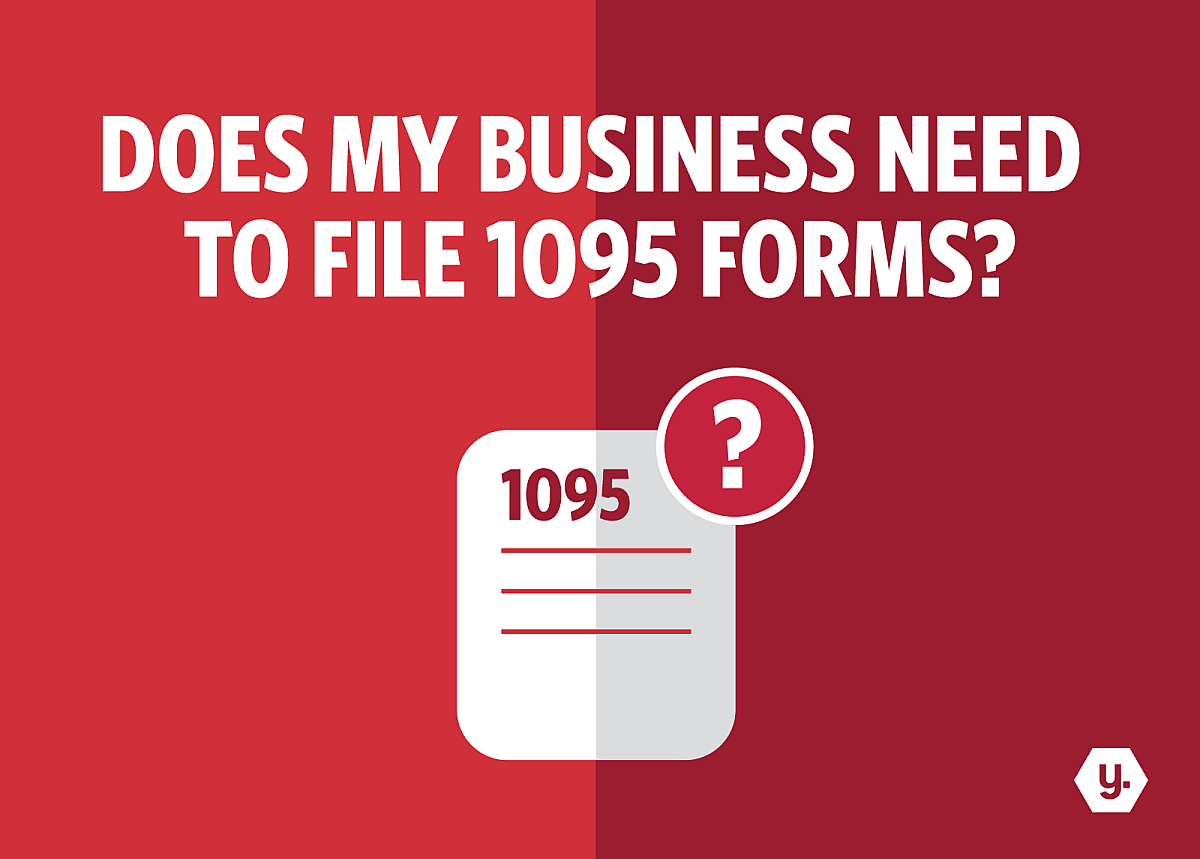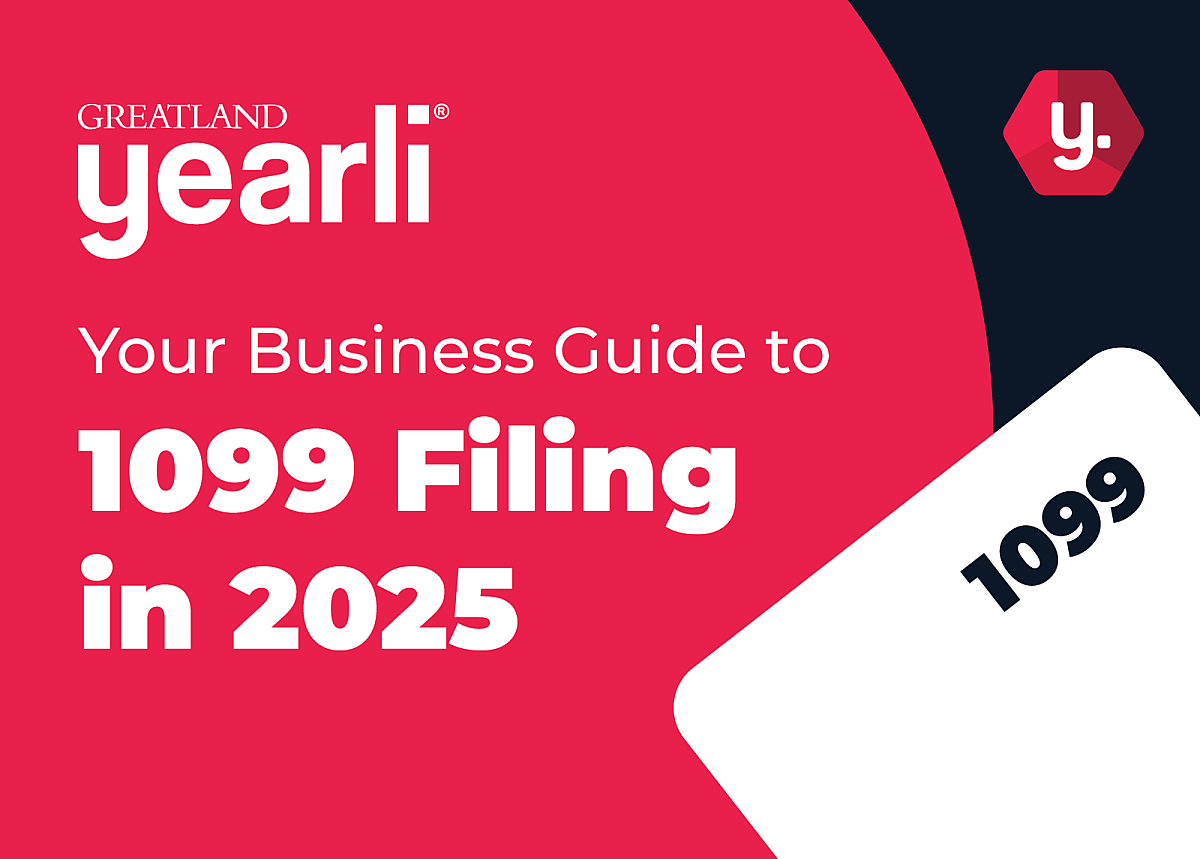
Inside Info from an IRS Expert
At the start of every tax filing and reporting season, many businesses find themselves facing a wide range of questions, including the most fundamental of all: “do I need to file?” The answer is not necessarily always clear or straightforward.
Depending on the size of your business, reporting requirements and forms may vary, and keeping track of changing regulations can be unnerving. With the introduction of the ACA in 2014, the waters have gotten even muddier.
In addition to worrying about which forms to file, there is also the need to stay on top of ever-shifting deadlines, filling out each box on each form and knowing when to file electronically or via paper. Greatland Corporation, an expert in all things tax forms and tax filing, has written the helpful article below to guide businesses on best practices for tax filing season.
One major consideration is knowing which forms to file under ACA regulations. To find out if your business needs to file for 2017 to remain compliant under the ACA, review the guidelines below:
- If your business employs 50 or more full-time equivalent employees and is self-insured, you need to file Form 1095-C Parts I, II and III.
- If your business employs 50 or more full-time equivalent employees and you are NOT self-insured, you need to file Form 1095-C Parts I and II only.
- If you are a self-insured employer with less than 50 full-time equivalent employees, you are required to file Form 1095-B, Parts I, III and IV.
When completing and filing forms 1094 and 1095, business should know the previous “good faith” effort does not exist for the 2017 tax year. Forms are due to employees by January 31, 2018. Copies sent to the IRS must be sent by February 28, 2018 for paper and April 2, 2018 if businesses choose to e-file.
Failure to file complete and accurate Forms 1094-C – data on employer-provided health insurance – by the form deadline will result in penalties equal to $250 per form, not to exceed $3 million per year. Failure to file and furnish correct information on Form 1095-C could result in a $500 per form penalty for employers.
With the third year of ACA reporting in full effect, it is also important that businesses remember who receives W-2 and 1099 forms. Independent contractors receive 1099 forms and traditional employees will receive a W-2 every year. A W-2 is the form employers use to report annual pay and withholding information. There are a variety of 1099 forms that account for other sources of income. Both of these forms are due to recipients and the IRS/SSA by January 31, 2018. Businesses that employ or independently contract 250 or more individuals are required by the IRS/SSA to e-file.
If you fail to file W-2s on time, the IRS can assess a penalty of $30 per W-2 even if you file the correct form within 30 days of the due date. If you file between 30 days of the due date and August 1, the fine increases to $60 per form, with a maximum fine of $500, or $200 if you operate a small business.
If your business does not file a 1099-MISC form by the due date and you correctly file within 30 days, the penalty is $30. The fine increases to $60 per return if you file more than 30 days late but by August 1. Lastly, it increases yet again to $100 per return if you file after August 1 or you don’t file at all.
Not every business has a tax reporting expert, but the tips above should assist when making your decisions and determining the best route for your reporting process. As always, to avoid penalties, be mindful of deadlines and be proactive in completing your tasks early, leaving time to fix any last-minute errors. Now, you are an expert.
Latest News
-
 November 25, 2025
November 25, 2025New Alternative Furnishing Method for Forms 1095-B and 1095-C Comes with Complexities
The IRS has updated the Affordable Care Act (ACA) reporting process for Forms 1095-B and 1095-C. These changes aim to reduce administrative costs and simplify reporting, but they also create new compliance challenges for employers and health insurance providers.Read More -
 October 8, 2025
October 8, 2025Your Business Guide to 1099 Filing in 2025: Deadlines and Compliance Tips with Yearli
Businesses must prepare for 2025 IRS 1099 filing by understanding key deadlines for Forms 1099-NEC and 1099-MISC and leveraging e-filing tools like Yearli to stay compliant. This guide outlines important dates, recent IRS updates, and practical tips to avoid penalties and streamline the filing process.Read More -
December 30, 2024
Understanding Form 1099-DA: A Comprehensive Guide to Filing for Digital Asset Transactions
As the use of digital assets like cryptocurrencies and non-fungible tokens (NFTs) continues to grow, so does the need for clear tax reporting guidelines. To address this, the IRS has introduced Form 1099-DA, which will be required starting in 2025.Read More
